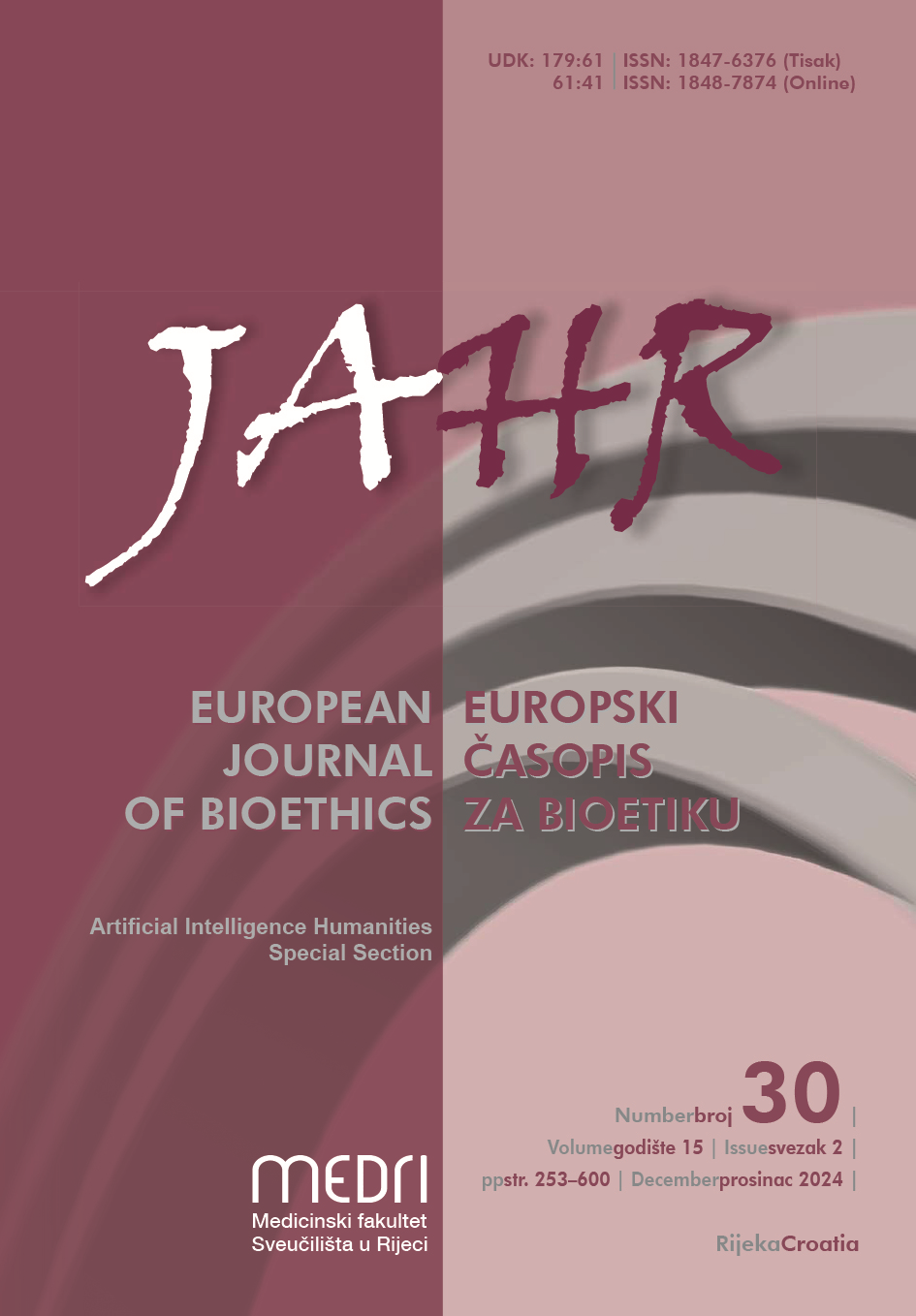Exploring Kant’s Perspective on (Self-)Ownership and Property Rights in Human Body Parts:Exploring Kant’s Perspective on (Self-)Ownership and Property Rights in Human Body Parts
A Discussion on the Boundaries between Personhood and Thinghood
Keywords:
Kant, body parts, person, thing, transplantation, organs, property rights, ownership, private lawAbstract
https://doi.org/10.21860/j.15.2.7
The paper questions the normative framework of the designation of body parts as things in civil law doctrine and the possibility of legal disposal of body parts in the context of Kant’s moral philosophy. Kant derives the formation of private legal (subjective) rights from the preliminary separation of things and persons and the second formulation of the categorical imperative. In discussing the concept of private law and property rights that are possible only concerning the human-thing relationship, Kant consequently talks about issues of self-ownership and property rights to one’s body and its parts. Although he explicitly wrote about the impossibility of self-ownership of the body and, in principle, the impossibility of disposing of its parts, it must be remembered that Kant could not foresee all the possible achievements, perspectives, and trials of modern transplant medicine. In the paper, Kant’s basic bioethical and private law concepts (primarily ownership and property rights) are placed in the context of (legal) disposal of body parts. In any exposition and discussion of the Kantian-based opinion on dispositions of body parts, we should not necessarily and exclusively be guided by Kant’s explicit writings on actual legal dispositions of body parts. We should consider the broader framework of Kant’s deontological ethics and Kant’s understanding of persons and things. Such an interpretation can lead to the conclusion that there are no obstacles to basing property rights in body parts but limited property rights, with the classification of body parts as things restricted in legal circulation, which is the opinion that prevails in certain statutory
private law provisions and writings of civil law doctrine.
Downloads
Published
Issue
Section
License
Authors who publish with this journal agree to the following terms:
- Authors retain copyright and grant the journal right of first publication with the work simultaneously licensed under a Creative Commons Attribution License that allows others to share the work with an acknowledgement of the work's authorship and initial publication in this journal.
- Authors are able to enter into separate, additional contractual arrangements for the non-exclusive distribution of the journal's published version of the work (e.g., post it to an institutional repository or publish it in a book), with an acknowledgement of its initial publication in this journal.
- Authors are permitted and encouraged to post their work online (e.g., in institutional repositories or on their website) prior to and during the submission process, as it can lead to productive exchanges, as well as earlier and greater citation of published work (See The Effect of Open Access).



